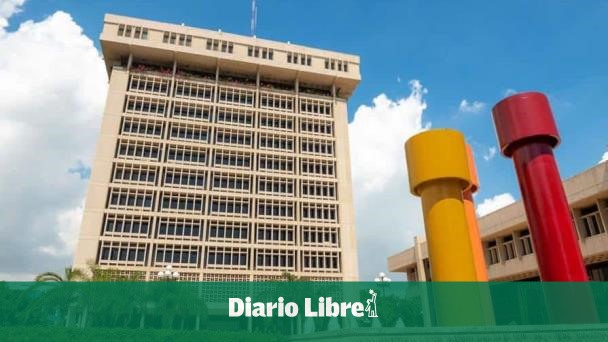A delegation from Central Bank of Uruguay (BCU) composed of its president Diego Labatits vice president, Washington Ribeiro, the manager of Legal Advice, Daniel Artecona, and the manager of Economic Policy and Market, Adolfo Sarmiento, gave their views before the Senate Treasury Committee on a bill that seeks the tariffs charged by credit cards. credit to businesses promoted by white senator Sergio Botana.
Labat said that the tariff market is “complex” that today it may have “certain noise or friction. “What we would like –and I understand that it is the ideal– is to go towards a world or a market that has much more competition and above all we are working on that. When I say competition, I don’t just mean thinking about having more credit card issuers or more acquiring companies, but even alternative systems”.
In this sense, the president of the BCU indicated that they are working on “payment through transfers, which exists today; We have made improvements, but there is still a lot to do. We have the example of Brazil, which has the PIX system, or India, which has the UPI; there are several successful examples in the world. In other words, we are talking about systems that end up competing with credit cards. That is why I say that the issue is not only about putting competition there but also about generating, first, the freedom for each citizen to choose where to pay and, in addition, other alternatives, ”he insisted.
The official indicated that these systems have the sale that there is “much less intermediation.” “That should bring efficiency to the system; that is the ideal and that is what we have worked on”, he announced.
On the other hand, Labat commented that he hopes that multiacquisition —which allows the merchant to contract access to all payment mechanisms with a single person or with a single company— will result in a “benefit for the merchant and, at the end of the way, for the citizen”.
“Of course, yes, we believe that the possibility of regulation lies in the middle,” said Labat, who recalled that other countries of the European Union and the United States traveled that path.
“In our vision, the ideal is to continue opening the market and for there to be more competition; In the meantime, we understand that it is feasible to make some regulation that allows us to follow that path that we want with lower costs and more efficiency,” said Labat.
The president of the BCU considered that if the regulation advances, it should be “universal” and must cover any type of payment by any type of electronic means.
“Otherwise, there is a risk that, if you put a certain limit on credit cards, people or the companies themselves will encourage another payment that does not have that limit; therefore, it is important that any electronic media is covered”, stated Labat.
On the other hand, the hierarch indicated that it is not clear in the project what would be the appropriate levels of the rates of tips that are proposed. In turn, the president of the BCU indicated that although there is an informal agreement on a tariff reduction schedule based on the amount operated from 2018 (by the previous government) until 2021, he did not foresee an end date.
“In these four years, new companies have appeared that, as they did not sign the agreement, do not have the obligation to comply with it. This puts out some noise. In turn, these days, one of the signatories warned us that, as of January 1, he was going to stop complying with the agreement. It is not clear the price that is going to put; He says that the agreement he signed voluntarily is now over for him. Now we are analyzing the validity of this”, explained Labat in Parliament.
The limits that arise
Article 1 of the Botana project defines two situations. A commercial tariff is proposed for debit card commissions that cannot exceed 0.4%, starting at a progressive rate of 0.95%. In the case of credit cards, the same thing happens, although it cannot be higher than 1.5% and starts at a progressive rate of 2%.
Currently, credit fees for food, housing, clothing and shoes can reach up to 6%. In the case of debit, the maximum that applies today is 1.15%.







